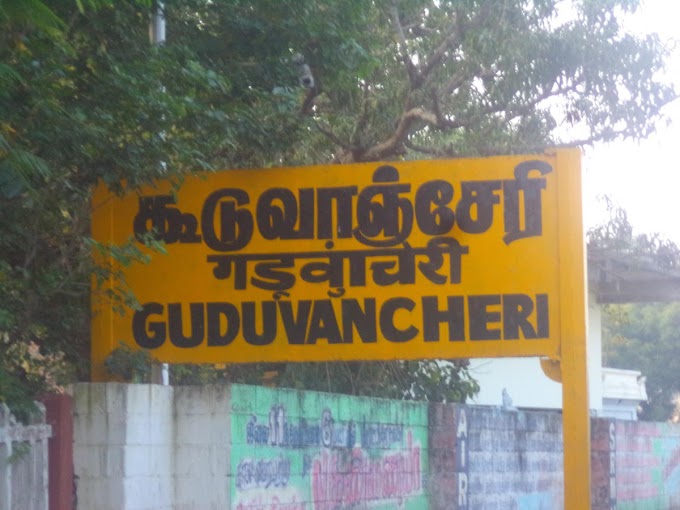Buying a house is one of the most significant financial investments in our life that requires a hefty sum of money. Therefore, it’s important to take a rational approach to choose it. Before closing a deal, you must consider your requirements, budget, and long term plan. Moreover, you should understand the processes involved in buying or selling a property.
While buying a house, you might come across many jargons that may create confusion. Therefore, in this blog, we have shared a few real estate terminologies that you must know before entering the real estate market.
Auction - A government or private organized sale where a property is sold to its highest bidder.
Advance Payment - It is the amount paid by the buyer to the seller while signing the Agreement to Sell. The amount varies between 10% and 20% of the transaction amount.
Zoning - While buying the house you should check whether it’s located in a residential, commercial, or industrial area. If you are interested in using a portion of your house for commercial purposes, then it’s important to check whether the zoning law allows this.
Carpet area - This includes the area of a flat which can be carpeted.
Benami ownership - The title of such a property is not in the name of its owner.
Built-up area - This includes the total area of the flat including the carpet area of the house and the space occupied by walls and ducts.
Super built-up area - This includes the built-up area and the common spaces like lifts and staircases that are not owned by the buyer, but used by many flat owners.
Best Builders in Chennai
No objection certificate - This certificate ensures that the property conforms to the pre-specified guidelines.
Encumbrance certificate - This is issued by the registrar of assurances or sub-registrar’s office ensuring the property is free from all encumbrances.
Stamp duty & registration fee - Paying the stamp duty and registration fee are important
steps towards buying a property. After paying these taxes, you will be issued the legal documents ensuring that you have purchased the property from its previous owner.
Collateral - This type of property provides additional security in the repayment of a loan.
Freehold property - If the owner of the property has conveyed the property in favour of the purchaser by signing a sale deed, this type of property is called a freehold property. The record of such properties can be ascertained from the office of the sub-registrar.
plots in Guduvanchery
Joint ownership agreement - This type of agreement is signed between two owners of a property, where they agree upon their rights, ownership, monetary obligations, and responsibilities.
GST - For buying an under-construction flat, a GST of 5% is charged. And, if the property belongs to the affordable category, then 1% GST is charged.
Mutation - This process includes the change of a property’s title in revenue records of the local municipal corporation.







0 Comments
Post Your Valuable Comments 💬 And Requests In The Comment Section